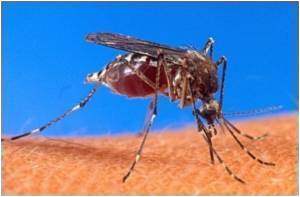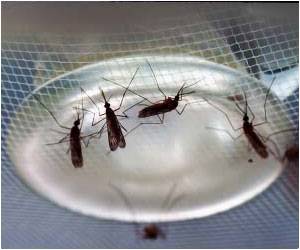A group of chemical compounds that help to treat malaria infection have been discovered by researchers.

Most of the malaria drugs currently in development target the symptomatic, blood stage of infection. To help achieve malaria eradication, however, a drug would ideally treat infection during both the liver and blood stages. Currently, the World Health Organization recommends only one treatment, primaquine, for the initial, liver stage of certain types of malaria infection; however, primaquine and related drugs can cause a dangerous blood disorder among patients with a genetic condition that is common in malaria-endemic regions of the world. Additionally, drug resistance has been reported, which amplifies the need to find new treatment alternatives.
By screening more than 4,000 chemical compounds that had previously shown activity against blood-stage Plasmodium, the investigators searched for a compound that would also inhibit liver-stage parasites and whose protein structure would allow the modification necessary for future drug development. They found that a group of three related compounds, known collectively as the imidazolopiperazine (IP) cluster, fit these criteria. In addition, strains of Plasmodium that had acquired resistance to other malaria drugs were susceptible to the IP cluster.
Using the IP cluster as a foundation, the researchers designed a drug candidate, GNF179, that reduced levels of one Plasmodium species by 99.7 percent and extended survival by an average of 19 days when tested in malaria-infected mice. By examining infected cells, the researchers confirmed that GNF179 was active in the liver stage of infection. The researchers note that while additional studies will be needed to fully understand the drug's mechanism of action and its specific targets within the liver, this study provides a potential starting point for developing new dual-stage antimalarial drugs.
Source-Eurekalert












